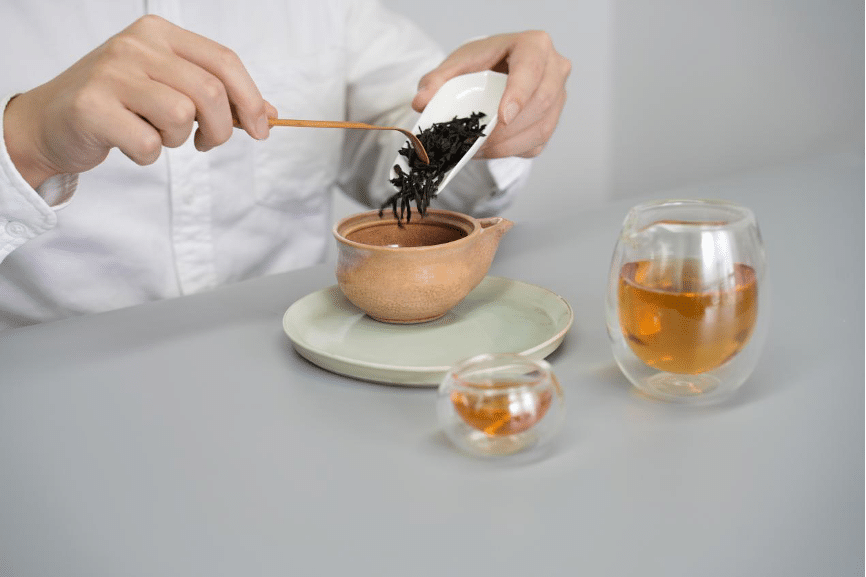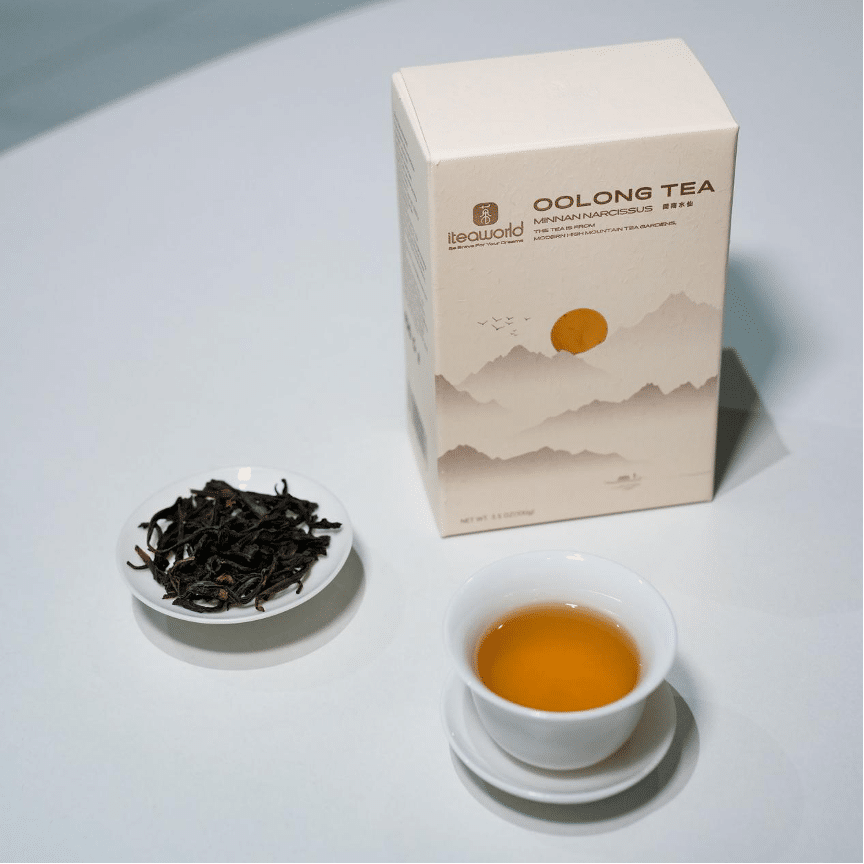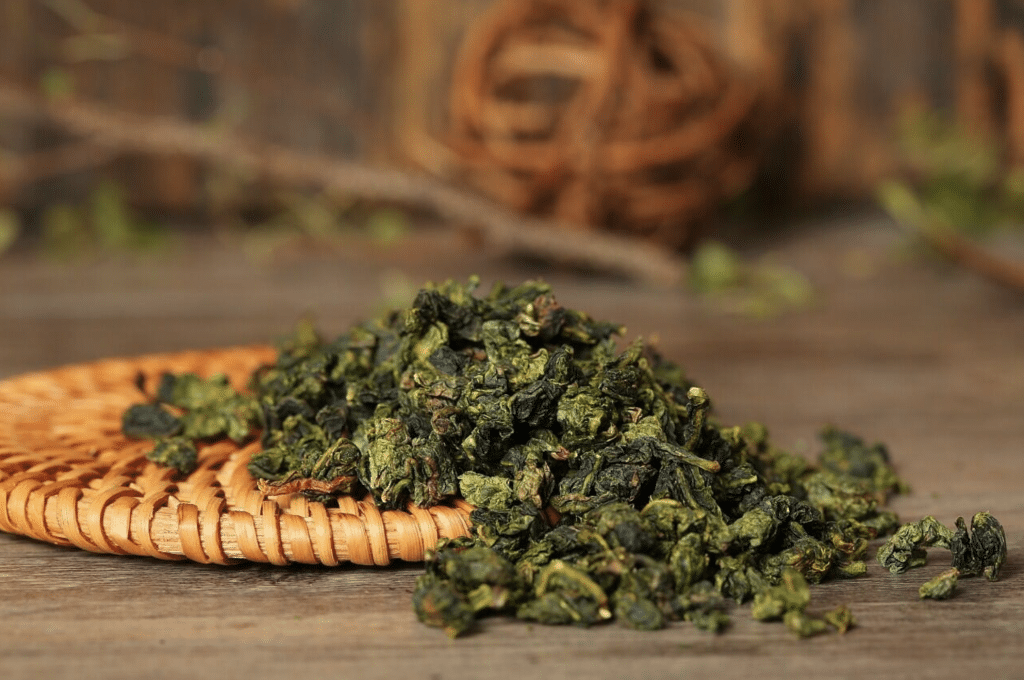Looseleaf Oolong tea, hailed by many enthusiasts as the “king of teas,” is not only revered for its unique flavor and refreshing aroma but also for its health benefits, which have garnered the attention of scientists. Especially in recent years, the research findings on the lipid-regulating effects of loose-leaf Oolong tea have become a focal point.

1. Lipids and Health
Understanding the symptoms and dangers of hyperlipidemia is crucial. Often accompanying overweight and obesity issues are the “three highs,” with hyperlipidemia usually being the precursor. In essence, hyperlipidemia arises when levels of low-density lipoprotein, cholesterol, and triglycerides exceed normal limits. Furthermore, it’s a leading cause of various chronic diseases such as coronary heart disease, hypertension, and cerebrovascular disease. Hence, the lipid-regulating functions of loose-leaf Oolong tea have gained significant attention.
2. Lipid-Regulating Effects of Loose-Leaf Oolong Tea
Recent studies have shown that active components in loose-leaf Oolong tea, such as caffeine and Oolong polyphenols, have noticeable lipid-regulating effects. Extracts from this tea can enhance fat tissue breakdown, reduce the activity of pancreatic lipase, thereby reducing the digestion and absorption of fats, providing a scientific basis for its lipid-lowering function. Moreover, it can lower the activity of pancreatic lipase, reduce fat digestion, and inhibit intestinal fat absorption.
However, these functions of looseleaf Oolong tea aren’t standalone. The oxidized products of catechins in lightly fermented Oolong teas, such as Tieguanyin, like theaflavins and catechin polymers, are also key ingredients in regulating lipid metabolism. In the human body, these compounds help regulate cholesterol levels, increasing the “good” cholesterol HDL-C and decreasing the “bad” cholesterol LDL-C.
3. How to Properly Drink Loose-Leaf Oolong Tea for Optimal Benefits
To maximize the lipid-regulating effects of loose-leaf Oolong tea, a scientific approach to tea drinking is essential. It’s recommended to consume 8 grams of this tea daily, brewing it before meals to help reduce fat absorption from food. For those already exhibiting high lipid levels or having “fatty liver,” Pu’er ripe tea and golden flower black tea are also excellent choices. Different varieties of loose-leaf Oolong tea have slightly varying effects on triglycerides and cholesterol, making the right choice of variety crucial.

Looseleaf Oolong tea comes in a wide range, varying in production techniques, origins, and tea plant varieties. To fully exploit its benefits, making the right choice is paramount. Here are some suggestions:
- Production Techniques: The method affects both its taste and efficacy. Lightly fermented varieties like Tieguanyin and Fenghuang Dancong have a fresh taste, ideal for summer, while heavily fermented ones like Dahongpao offer a richer flavor, more suitable for winter.
- Origin: Different regions produce Oolong teas with distinct flavors. For instance, Wuyi rock tea has a unique mineral and floral aroma, while Guangdong’s Fenghuang Dancong exhibits a pronounced fruity scent.
- Tea Plant Varieties: Tieguanyin is widely loved for its vivid orchid aroma, while Dahongpao is renowned for its profound rock scent and taste.
- Appearance and Aroma: When choosing, opt for leaves that are intact, vibrant in color, and possess a natural and authentic aroma.
- Price and Brand: Going for reputed brands and sellers ensures genuine, high-quality loose-leaf Oolong tea.
- Drinking Purpose: If the goal is lipid regulation, lightly fermented teas, like Tieguanyin, might be a better choice.
In conclusion, incorporating personal tea drinking objectives, preferences, and health needs in your selection and consumption of loose-leaf Oolong tea will assist in experiencing its unique taste and health benefits fully.
Conclusion
Loose-leaf Oolong tea has become an integral part of contemporary health-focused food culture, with its lipid-regulating properties widely recognized. Scientifically brewed, it offers not just a delightful tea experience but also aids in maintaining healthy lipid levels. As research progresses, more health benefits of loose-leaf Oolong tea are anticipated to be discovered.
